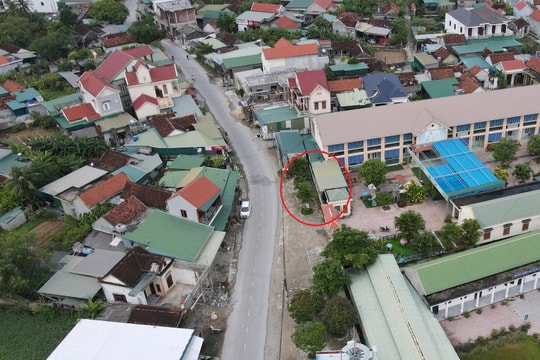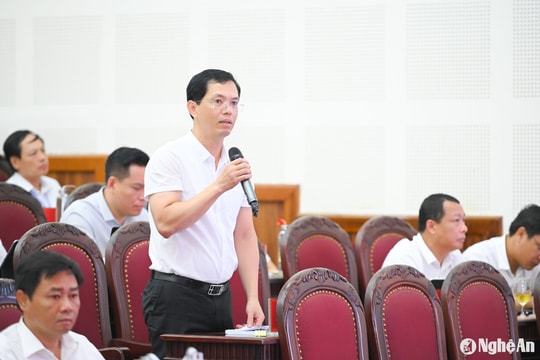No delay in applying the Law on Public Asset Management
(Baonghean.vn) - On September 27, the Ministry of Finance held a press conference on the draft Law on Management and Use of State Assets (amended). At the press conference, in addition to widely publicizing the necessity of promulgating this law and introducing the purpose and viewpoints of law-making, the Ministry of Finance answered hot issues on public asset management raised by the press and media.
One of the questions that the press is most interested in is about the equitization of public service units. A representative of the Ministry of Finance said that according to regulations, when a service unit is converted into an enterprise and an enterprise is converted into a joint stock company, it must follow a different process, while this Law only regulates the handling of assets.
 |
| Public asset management is increasingly outdated. Photo: Internet |
If converted into an enterprise, the asset value must be re-determined according to market price. For example, the value of the headquarters of that public service unit on the accounting books after a period of use is 1 billion VND, but when converted into an enterprise, the capital allocation must be determined according to market price and must avoid loss of state assets.
In addition, the land owned by an enterprise is not considered an asset under current regulations, but only enterprises that are granted land use rights will be considered.
Therefore, the Prime Minister has assigned the Ministry of Natural Resources and Environment and the Ministry of Finance to calculate the tax value and land use rights when equitizing enterprises. The viewpoint of the Department of Public Asset Management is to calculate fully. For example, regarding the issue of linking assets to form assets, whether they are considered public assets or not, or whether public assets must be used for their intended purpose, such as schools and hospitals, which cannot be used for other purposes but only call on organizations and individuals to develop better services on the basis of existing assets - said a representative of the Department of Public Asset Management (Ministry of Finance).
Responding to the press's question about how the handling of violations in the draft law is different from current regulations, Director of the Department of Public Asset Management Tran Duc Thang said that through the review and assessment of the 2008 Law, it can be seen that the implementation has sometimes not been serious in complying with the regulations, standards and norms of the public asset management regime.
The reason is that the regulations on handling violations are lacking and not strict. To overcome this, this draft has stricter regulations on handling violations. Accordingly, anyone who violates public property and causes damage to the State must compensate for the actual damage. Then, depending on the level of violation, the violator will be disciplined, administratively violated or prosecuted for criminal liability according to regulations. In addition, the head of the unit that allows the violation to occur must explain and bear joint responsibility.
Regarding the issue of arranging state-owned real estate, the Ministry of Finance said that it has issued a written reminder based on Directive 27 of the Prime Minister assigning the Ministry of Finance to inspect real estate in Ho Chi Minh City and Hanoi and report to the Prime Minister.
As planned, the Law on Public Asset Management will be submitted to the National Assembly at the October 2016 session, and will be approved in May 2017, with the expected effective date being January 1, 2018. Immediately after the Law is approved, nearly 10 guiding Decrees will be issued with the utmost effort to avoid any delay in applying the Law.
Red River
| RELATED NEWS |
|---|




.jpg)


